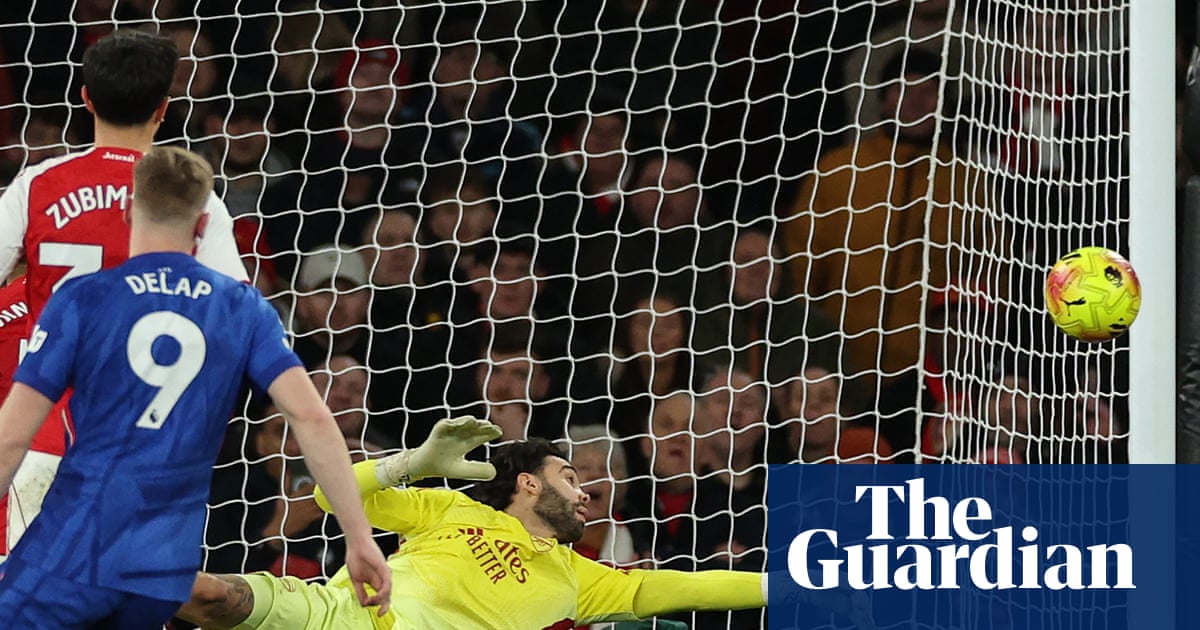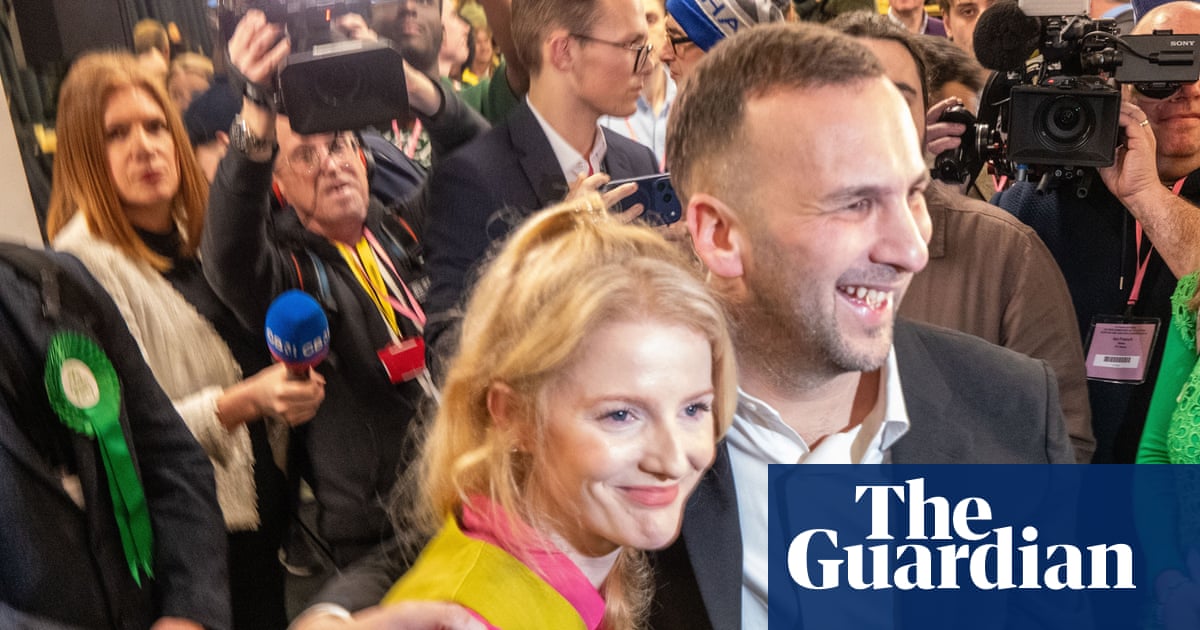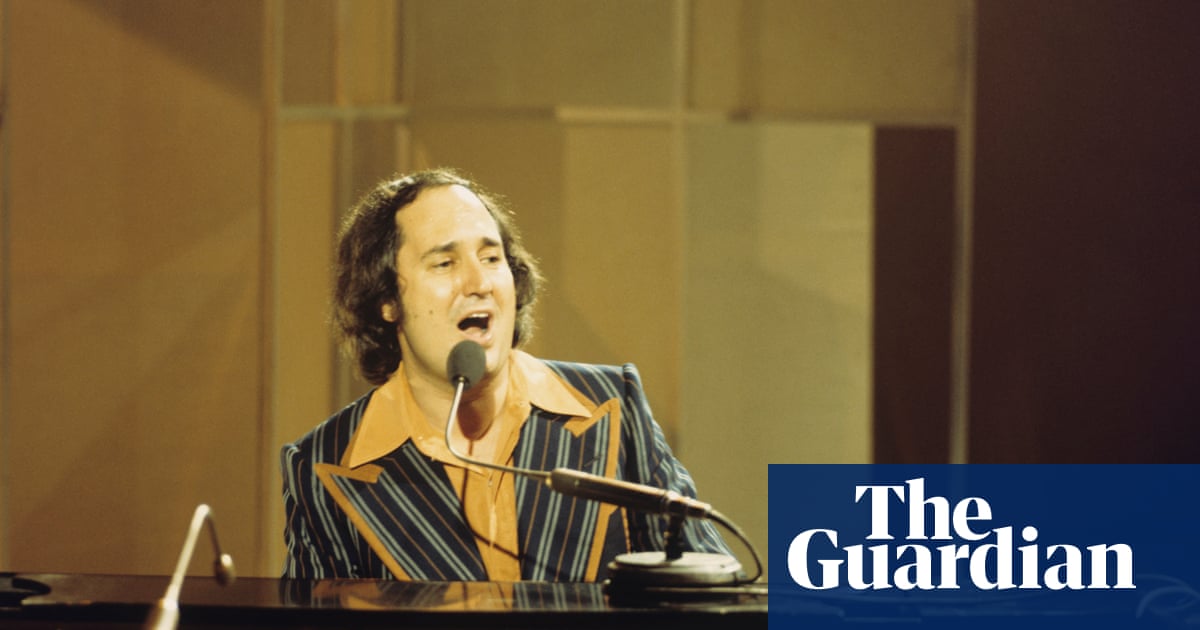Schooling in Britain today is where medicine was in the days of bleeding and leeches. It is trapped in the past, between teachers wedded to their subjects and politicians obsessed with tests. Doctors generally know if they have cured you, lawyers know if you are found not guilty. Educators have only exams to measure their professional success. The result is that English schools cower beneath an examination mountain – a global outlier in terms of the volume of assessment.
This week’s report on reforming the curriculum in England was greeted by conservative critics with cries of wokery, dumbing down and falling standards. My heart sank, until I read its 200 pages. As a former education correspondent, I can only say I found it uplifting. There was the odd reference to diversity but it was hardly “woke”. What shocked me was its outspoken commentary on the existing system, a curriculum that is overly academic and culturally barren, and with teachers treated as robots.
The last curriculum reform, 10 years ago, was initiated by Michael Gove. It was refreshing in showing that public policy had a role to play in education. It was less refreshing in prioritising traditional classroom teaching of traditional subjects, a reversion to Dickens’ satire of little pitchers “who were to be filled so full of facts”.
The result was a timetable that has steadily been swept clean of extracurricular activities. The arts, music, crafts skills and physical education have been neglected. Familiarity with the world beyond school is ignored. Ofsted ruled all with grades, league tables and humiliation.
The reformers refer to what must have been the largest survey of what today’s parents, pupils and employers – not politicians – want from the nation’s schools. It had some 7,000 submissions, surely the first time education’s true users have been granted a say. Above all, their answer was: give us relevance, an education for life, not a test score.
Parents wanted children to be given a knowledge of money, law and legal rights, politics and voting, and skill at finding a job and working with others. Only a third of school leavers could recall a single lesson about money that they found useful. What they did remember was “a high volume” of lessons about grammatical concepts such as fronted adverbials. They craved a knowledge of the real world and creativity, and were denied both. The singer Ed Sheeran and a cohort of fellow artists have welcomed the suggestion that music and other arts should now become compulsory.
At last, an education report has placed a stress on oracy. Gove’s schools were for reading, writing, remembering and shutting up. Today’s children, whose screen addiction leaves ever less time for conversation, need help in expressing themselves clearly. In particular they should know how to articulate their opinions, “listening to others’ points of view, and agreeing and disagreeing respectfully”. I never thought to see that in an education document.
It is not dumbing down to demand that children grapple critically with the digital revolution. The report says they must be taught to confront “online harms or misinformation”. They must learn self-defence against a daily bombardment of misinformation from social media and artificial intelligence. This should surely be compulsory.
The report is rightly insistent that teenagers should learn about the community in which they live, about its institutions and their own role as engaged citizens. If they are about to vote at 16, they must study politics, to learn “to step confidently into adulthood”. Gove has dismissed such talk as “a rigour-free potpourri of currently fashionable SW1 preoccupations”. He would clearly rephrase Marie Antoinette: let the poor stick to rioting.
It is good to see teachers offered “professional autonomy”. The curriculum should be a framework, not a recipe of specific ingredients. The teacher’s task is to bring “the curriculum to life … to reflect their students’ lives and experiences.” It is not to be subservient to an education establishment fanatically resistant to change.
after newsletter promotion
Sadly, the report pays obedience to the maths cult, which retains its lock on school progress. It is like Latin in smart schools in the old days. Beyond arithmetic, maths has become a badge of pedagogic irrelevance. I am told the GCSE maths requirement for most technical courses is now a serious barrier to skilled labour training. It is a social segregator. A teacher tells me that, with calculators, all the maths 99% of school leavers need can be taught to them in a day.
The only gaping hole in the report is its final preference for “evolution not revolution”. Its stress on citizenship, computing and creativity demands much school time. Yet it offers hardly any. It lacks the guts to abolish GSCEs and it preserves narrow A-levels in a capitulation to university specialism. All it can suggest is a mere 10% cut in hours devoted to exams. That will not do. As long as British schoolchildren remain shackled and enslaved to exams, all other reform will be meaningless.
-
Simon Jenkins is a Guardian columnist

.png) 3 months ago
96
3 months ago
96

















































